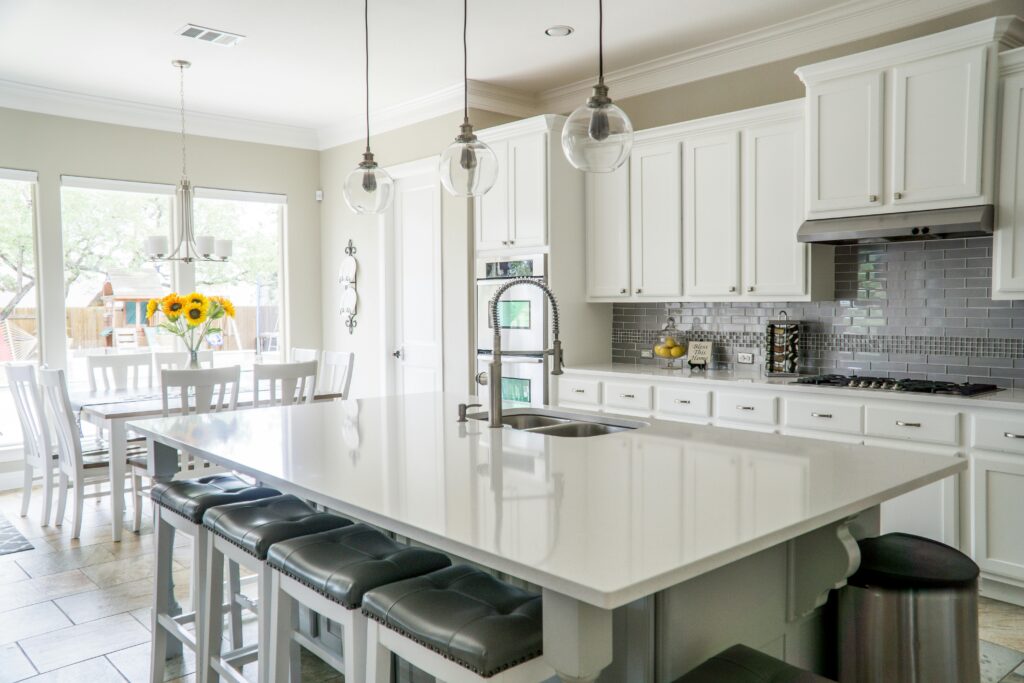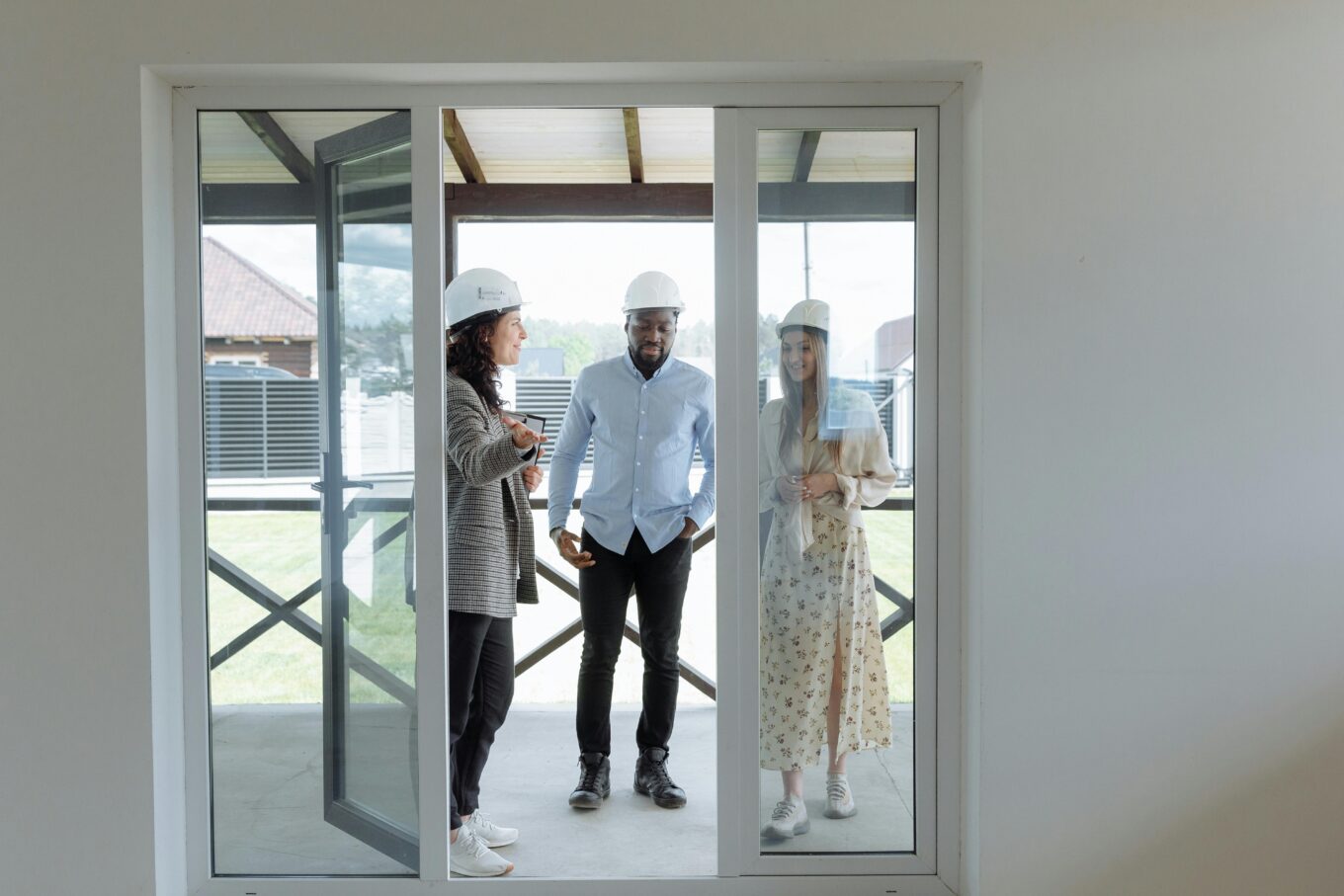Building your own house can be an immensely satisfying endeavor. Not only are you creating something tangible; you are also representing yourself through its creation.
An understanding of the process and what to expect at every step is vital, whether you are undertaking the build yourself or acting as your own Project Manager. Achieve success requires having this clear understanding.
Design
One of the key aspects of home construction is having a thorough plan and design in place which Kendal Builders excels at. Shifting gears midway can slow down progress, cost more money, and incur penalties if your budget goes over. To avoid such headaches and save both time and energy by making decisions based on priority, ensure all involved parties involved understand each decision is made from this single source; plus this saves trips to stores!
Budget
Establishing a budget when building a house is one of the most essential steps. A budget allows you to avoid major financial surprises while remaining within your desired budget. In order to develop an accurate and comprehensive budget, all associated costs and expenses need to be included, including design fees, permits, construction materials, labor costs and miscellaneous items such as design fees.
As soon as it comes to choosing supplies and contractors, it is crucial to compare prices and research quality in order to save money and get the maximum value from your investment. Furthermore, setting aside a contingency fund allows for unexpected expenses during construction so that your dream home doesn’t become derailed due to delays or costs unexpectedly incurred along the way.
Once you’ve set a budget, it is crucial that you adhere to it. Overspending when building a new home can easily occur so it is wise to be realistic with what your finances allow for. If unsure, seek help from a mortgage professional who will determine your maximum loan amount.
Another key part of a budget is considering ongoing maintenance expenses. You should factor in investments like heating and air conditioning systems, appliances and roofing into your spending plan as they can quickly add up – being aware of this can ensure your home remains as energy efficient and comfortable as possible over the years ahead.
Review plans and contracts carefully in order to fully comprehend everything they contain, which may seem tedious at first, but can save both time and money by helping prevent costly errors. Feel free to ask questions if something doesn’t make sense. By taking time for this review process, it can save you thousands in unnecessary costs when building a house.
Environmental Considerations
In today’s world, environmental sustainability is increasingly important, even in home construction. Consider incorporating eco-friendly materials and energy-efficient design elements into your home. Not only does this reduce your carbon footprint, but it can also save you money in the long run through lower utility bills. Explore options like solar panels, energy-efficient appliances, and sustainable building materials to create a home that’s both beautiful and environmentally responsible.
Consider starting with the basics – the materials used in your home’s construction. Opting for sustainable materials such as bamboo flooring, reclaimed wood, or recycled glass countertops can significantly reduce the environmental footprint of your project. These materials are often produced using fewer resources and generate less waste than traditional alternatives.
Time Management

Managing the timeline of your home construction project is crucial to its success. Delays can be costly and frustrating, so it’s essential to stay organized and proactive. Create a detailed schedule outlining each phase of the construction process, from groundbreaking to final inspection. Be realistic about timeframes and build in buffer periods for potential delays. Regularly review progress against the schedule and adjust as needed to keep the project on track.
Effective communication is key to managing time effectively. Maintain open lines of communication with contractors, suppliers, and other stakeholders to ensure everyone is aware of project timelines and milestones. Address any issues or delays promptly to prevent them from snowballing into larger problems.
Safety First
Safety should always be a top priority on the construction site. Make sure all workers are properly trained and equipped with the necessary safety gear. Implementing strict safety protocols and conducting regular safety inspections can help prevent accidents and injuries. Additionally, be mindful of potential hazards such as electrical wiring, heavy machinery, and unstable structures. By prioritizing safety, you can ensure that everyone involved in the project remains safe and healthy throughout the construction process.
Implementing strict safety protocols and procedures is also crucial. Develop a comprehensive safety plan that outlines hazards and risks specific to your project and establishes procedures for mitigating them. Regularly review and update the safety plan as needed to address changing conditions or new risks.
Choose reputable contractors and suppliers with a track record of delivering excellent results. Do your research and ask for references before hiring anyone to work on your home. It’s worth investing the time and effort upfront to find professionals who take pride in their work and are committed to delivering quality craftsmanship.
Insist on quality materials at every stage of the construction process. From structural components like beams and trusses to finishing materials like paint and flooring, using high-quality materials can make a significant difference in the longevity and performance of your home.



